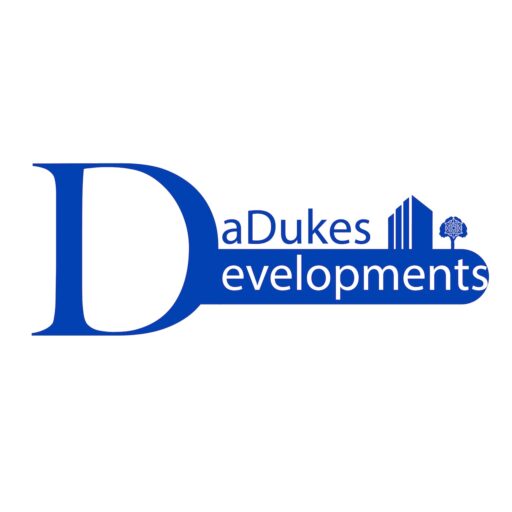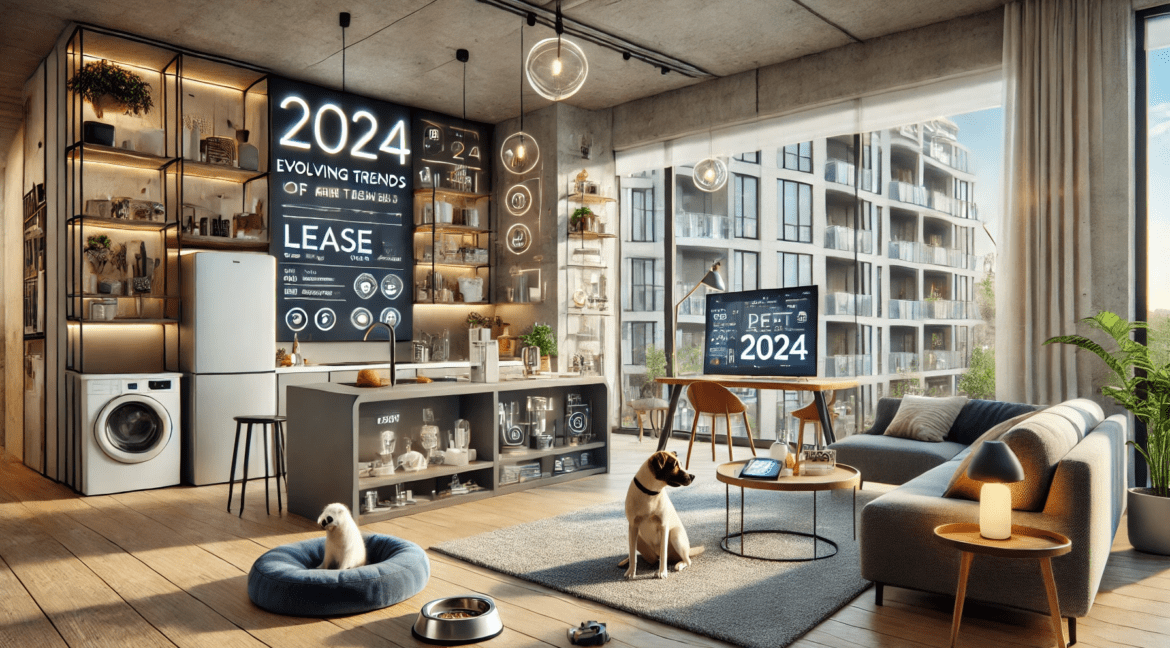As the rental market continues to evolve, landlords must adapt to the changing needs and preferences of tenants. In 2024, several key trends are shaping what renters are looking for in a property, including modern amenities, pet-friendly policies, and flexible lease terms. Let’s delve deeper into these aspects to understand how landlords can meet these evolving demands effectively.
Modern Amenities: Enhancing the Rental Experience
Modern amenities play a crucial role in attracting and retaining tenants. Renters today are looking for features that provide convenience, security, and a sense of community. According to the 2024 NMHC & Grace Hill Renter Preferences Survey, 87% of tenants say that community amenities significantly influence their renting decisions[8]. Here are some of the most sought-after amenities:
- Smart Home Technology: This includes smart locks, thermostats, and access control systems. These technologies not only enhance security but also offer convenience, as residents can control various aspects of their home environment remotely[7].
- High-Speed Internet and Co-working Spaces: With the rise of remote work, high-speed internet has become a necessity. Additionally, co-working spaces within apartment complexes can cater to the needs of remote workers, providing them with a professional environment close to home[5].
- Outdoor Spaces: Amenities like rooftop terraces, community gardens, and outdoor kitchens are highly desirable. They offer residents a place to relax and socialize, which is especially important as more people spend time at home[8].
Pet-Friendly Policies: Catering to a Growing Demographic
Pet ownership is on the rise, with 66% of U.S. households owning a pet, up from 56% in 1988[3]. As a result, pet-friendly policies are becoming increasingly important for attracting tenants. Here are some key considerations:
- Pet Amenities: Features such as pet-washing stations, dog parks, and pet-friendly events can make a property more appealing to pet owners. A growing number of prospective tenants are seeking accommodations that cater to their furry family members[6].
- Increased Property Value: Studies suggest that pet-friendly properties may increase in value more quickly than non-pet-friendly ones. Additionally, allowing pets can lead to shorter vacancy periods and enhanced tenant satisfaction[6].
- Tenant Retention: Pet owners are often more stable tenants, as they may have difficulty finding suitable housing elsewhere. This stability can reduce turnover costs and vacancy rates for landlords[6].
Flexible Lease Terms: Meeting the Demand for Adaptability
Flexible lease terms offer tenants the ability to adjust their rental agreements to better fit their needs. This flexibility can be a significant draw for many renters:
- Shorter Lease Durations: Options for month-to-month or six-month leases can attract tenants who are unsure of their long-term plans or who value flexibility. According to Forbes, 17% of renters appreciate the flexibility of renting, such as being able to move or downsize easily[2].
- Higher Rental Rates: While flexible leases may come with higher rent prices due to the increased risk for landlords, they can also attract a wider range of tenants willing to pay a premium for flexibility[7].
- Tenant Satisfaction and Retention: Offering flexible lease terms can lead to higher tenant satisfaction and retention rates, as tenants appreciate having more control over their leasing agreements[7].
In conclusion, understanding and responding to the evolving needs of tenants is crucial for landlords aiming to attract and retain renters in today’s competitive market. By offering modern amenities, implementing pet-friendly policies, and providing flexible lease terms, landlords can meet the expectations of a diverse tenant base. As these trends continue to shape the rental landscape, staying informed and adaptable will be key to success in 2024 and beyond.
Citations:
[1] https://eu.usatoday.com
[2] https://www.forbes.com/advisor/renters-insurance/rent-trends/
[3] https://www.forbes.com/advisor/pet-insurance/pet-ownership-statistics/
[4] https://www.thezebra.com/resources/research/renting-statistics/
[5] https://foundspaces.ca/changing-rental-market-dynamics-in-2024/
[6] https://www.rentsux.net/2024-pet-friendly-rental-market/
[7] https://www.keypm.com/post/property-management-and-leasing-trends-in-2024
[8] https://www.nmhc.org/research-insight/research-report/nmhc-grace-hill-renter-preferences-survey-report/



